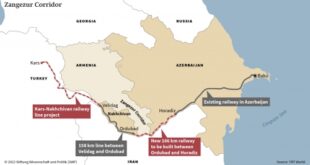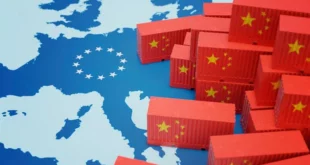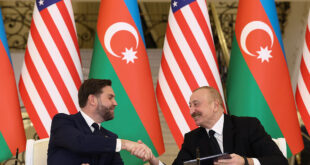 MOSCOW (Reuters) – Russian President Vladimir Putin will not, at least for now, take up the seat in parliament he won in last weekend’s election, Interfax news agency quoted an official of his party as saying on Thursday.
MOSCOW (Reuters) – Russian President Vladimir Putin will not, at least for now, take up the seat in parliament he won in last weekend’s election, Interfax news agency quoted an official of his party as saying on Thursday.
But Putin could enter parliament at a later date, one of the options analysts say the popular 55-year-old might choose to retain influence after his presidential term ends next year.
The Russian leader ran as No. 1 on the United Russia party election slate in Sunday’s vote which gave the party and its allies control of parliament.
Andrei Vorobyov, head of United Russia’s central executive committee, said Putin’s seat would be redistributed to a candidate on one of the party’s regional party slates who had not made it into parliament, Interfax reported.
“This will not be a political but a purely technical solution,” the agency quoted Vorobyov as saying.
Russia’s constitution bars Putin from running for a third consecutive term. He has said he expects to keep a role in molding policy after he steps down, but has not specified what job he would take.
Analysts have speculated he could become speaker of parliament, where United Russia has a big majority. Other options could be becoming prime minister or taking the vacant job of Security Council secretary.
Under Russian law, Putin can decline to take up his seat now but, in effect, put it on hold until a later date. To exercise this option, he must write to election chiefs within the next few days declaring that is his intention.
He will then be put on a reserve list of candidates who will receive a seat if a sitting lawmaker from United Russia gives up their seat. Government officials are not allowed to keep their posts and sit in parliament at the same time.
 Eurasia Press & News
Eurasia Press & News



